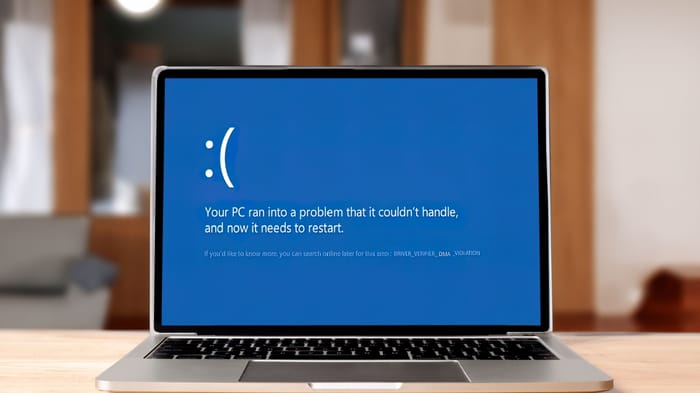Security Teams Struggle with Container Security Strategy
Fewer than 30% of firms have more than a basic container security plan in place.
November 14, 2018

A study out today shows that the security community is still coming to grips with the new realities introduced by containerization to aid DevOps and agile development teams in their mission for faster deployments in the enterprise.
Some experts say the rise of containers offers an opportunity for security teams to embed themselves more thoroughly in the continuous delivery workflow. But according to "The State of Container Security" report from StackRox, about seven in 10 organizations today either don't have a container security strategy or are at the most rudimentary stages of establishing that strategy. Among those with an existing strategy, about 35% say it doesn't invest enough to adequately secure containers, and 25% say it isn't detailed enough.
Digging into the details of where IT professionals believe the biggest risks lie in the use of containers, misconfigurations led the pack by far, above vulnerabilities and attacks. This is not surprising given high-profile breaches like the Tesla cryptomining attack that was disclosed earlier this year, which was made possible by a poorly configured Kubernetes deployment on AWS.
Interestingly, even though the survey shows that most organizations are not yet running containers in production, securing containers in runtime has IT pros more worried than in build or deployment phases.
The concern for runtime is logical given the heavy emphasis that early container strategies have put on pre-production vulnerability scanning, according to Mark Bouchard, vice president of research for analyst firm CyberEdge, who provided analysis for the report.
"That's where their early investments have been, and now their apps are going into production and they realize, 'Yes, I've got to continue to do vulnerability scanning, but the bad guys operate not just against software flaws but on any weaknesses they can find,'" he says "So they recognize they need to do some monitoring of the container environment in runtime to look for that malicious activity."
Ultimately, Bouchard says, containers aren't necessarily any different than any other asset enterprises must protect.
"We're not talking about reinventing security," he says, explaining that all the basic principles, such as the rule of least privilege, threat monitoring, and vulnerability scanning, all still apply. However, security professionals need to adjust to a couple of new variables that container environments introduced. First and foremost is the speed at which security teams need to work to protect constantly changing container environments.
"What we're doing with microservices, containers, and DevOps is speeding everything up," Bouchard says. "So we're talking about applying the same security principles on a much faster cycle."
Secondly, he explains that security people need to familiarize themselves better with the architecture and with how containers, nodes, registries, orchestrators, and the like really work.
"Unless you understand what it is you are trying to protect, how can you do a good job protecting it?" Bouchard says. As he explains, many security practitioners came up from the network security world, and application delivery can sometimes be a challenge to wrap their arms around, but it is crucial.
"We're shifting the issue now onto the workload, and that's true for application security in general and most definitely for this world of microservices and containers," Bouchard adds.
Related Content:

Black Hat Europe returns to London Dec 3-6 2018 with hands-on technical Trainings, cutting-edge Briefings, Arsenal open-source tool demonstrations, top-tier security solutions and service providers in the Business Hall. Click for information on the conference and to register.
About the Author
You May Also Like
The State of Attack Surface Management (ASM), Featuring Forrester
Nov 15, 2024Applying the Principle of Least Privilege to the Cloud
Nov 18, 2024The Right Way to Use Artificial Intelligence and Machine Learning in Incident Response
Nov 20, 2024Safeguarding GitHub Data to Fuel Web Innovation
Nov 21, 2024




